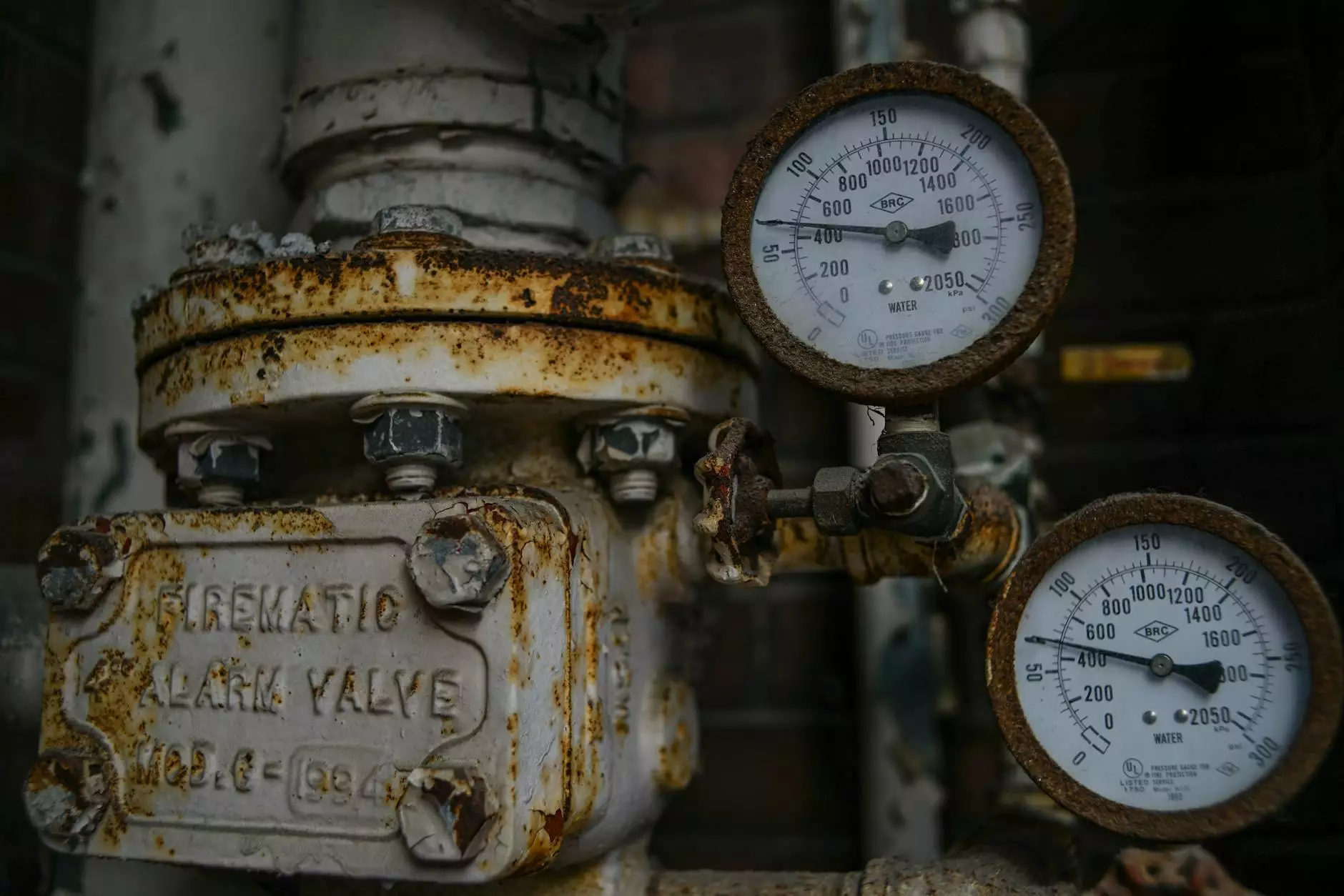The Importance of Industrial Water Treatment Equipment

In today's world, water scarcity and pollution are two of the most pressing challenges facing industries. A reliable source of clean water is vital for various industrial processes, and it's here that industrial water treatment equipment plays a pivotal role. This equipment is not just a luxury but a necessity for businesses aiming to operate sustainably and efficiently.
Understanding Industrial Water Treatment Equipment
Industrial water treatment equipment refers to a broad range of technologies and systems designed to purify water used in industrial applications. This can include processes such as filtration, deionization, and reverse osmosis. These systems are tailored to meet the specific needs of each industry, ensuring that water quality standards are met and maintained.
The Role of Water Purification Services
Water purification is crucial for maintaining the integrity of industrial processes. Many sectors, including manufacturing, food service, and pharmaceuticals, rely heavily on high-quality water. Water purification services ensure that all contaminants are removed from the water, enhancing safety and efficiency.
- Manufacturing: Industrial processes require significant amounts of water, and impurities can significantly affect production quality.
- Food and Beverage: Clean water is essential for food safety and quality assurance in this industry.
- Pharmaceuticals: The production of medications demands water that meets stringent purity standards.
Key Technologies in Industrial Water Treatment
There are various technologies utilized in industrial water treatment equipment, each serving different purposes and industries. Understanding these technologies is essential for businesses looking to invest in effective water treatment solutions.
1. Filtration Systems
Filtration systems are commonly used to remove suspended solids and particulates from water, ensuring that only clean water is used in applications. Different types of filters, such as activated carbon, sand, and membrane filters, can be employed based on the water's quality and the desired outcome.
2. Reverse Osmosis
Reverse osmosis (RO) is a cutting-edge technology that utilizes a semi-permeable membrane to remove ions, molecules, and larger particles from drinking water. This is particularly useful for industries that require ultra-pure water, such as electronics manufacturing and pharmaceuticals.
3. Deionization
Deionization is the process of removing mineral ions, such as calcium and magnesium, from water. This process is vital for producing high-purity water for various industrial applications. Deionization systems are equipped with ion-exchange resins that attract and remove these unwanted ions from water.
4. UV Water Treatment
Ultraviolet (UV) water treatment is a disinfection method that uses UV light to kill bacteria, viruses, and other microorganisms. This method is highly effective and leaves no chemical residue, making it increasingly popular in water treatment applications.
Choosing the Right Industrial Water Treatment Equipment
When selecting industrial water treatment equipment, businesses need to consider several factors to ensure they make the right decision:
- Water Quality: Assess the existing water quality and identify specific contaminants that need removal.
- Capacity: Determine the volume of water the system needs to process daily to meet production demands.
- Maintenance: Choose equipment that is easy to maintain and comes with robust support services.
- Cost: Evaluate the initial investment against long-term operational costs.
The Environmental Benefits of Using Industrial Water Treatment Equipment
Utilizing industrial water treatment equipment not only benefits businesses economically but also enhances environmental sustainability. Here are some key environmental benefits:
- Water Conservation: Effective treatment systems optimize water usage, minimizing waste.
- Pollution Reduction: Properly treated water reduces the discharge of untreated waste into natural water bodies, protecting aquatic ecosystems.
- Compliance with Regulations: Industries can meet stringent environmental regulations, avoiding fines and legal issues.
The Future of Industrial Water Treatment
The landscape of industrial water treatment equipment is rapidly evolving, with new technologies emerging to tackle contemporary challenges. Future trends include the integration of smart technologies and automation to enhance monitoring and efficiency in water treatment processes.
Moreover, with a growing emphasis on sustainability, industries are increasingly looking towards recycling and reuse of water. Advanced treatment processes will enable businesses to reclaim wastewater and use it in their operations, significantly reducing their environmental footprint.
Conclusion
In conclusion, the critical role of industrial water treatment equipment in enhancing efficiency and sustainability cannot be overstated. As industries continue to face challenges related to water quality and scarcity, the importance of investing in robust water treatment solutions becomes even more evident. By prioritizing water purification and investing in the right technologies, companies can ensure that they are not only compliant with regulations but are also contributing positively to the environment.
About Us
At Bimak Skimya, we specialize in providing top-notch water purification services, working as trusted water suppliers to ensure that industries have access to the clean water they need. Water stores stocked with advanced industrial water treatment equipment are our hallmark, helping businesses thrive sustainably. For more information, visit us at bimakskimya.com.tr.









